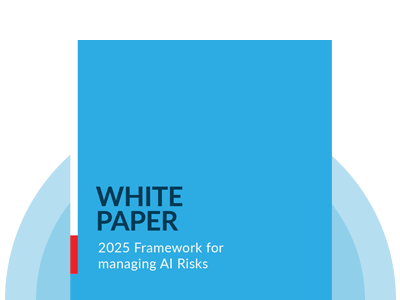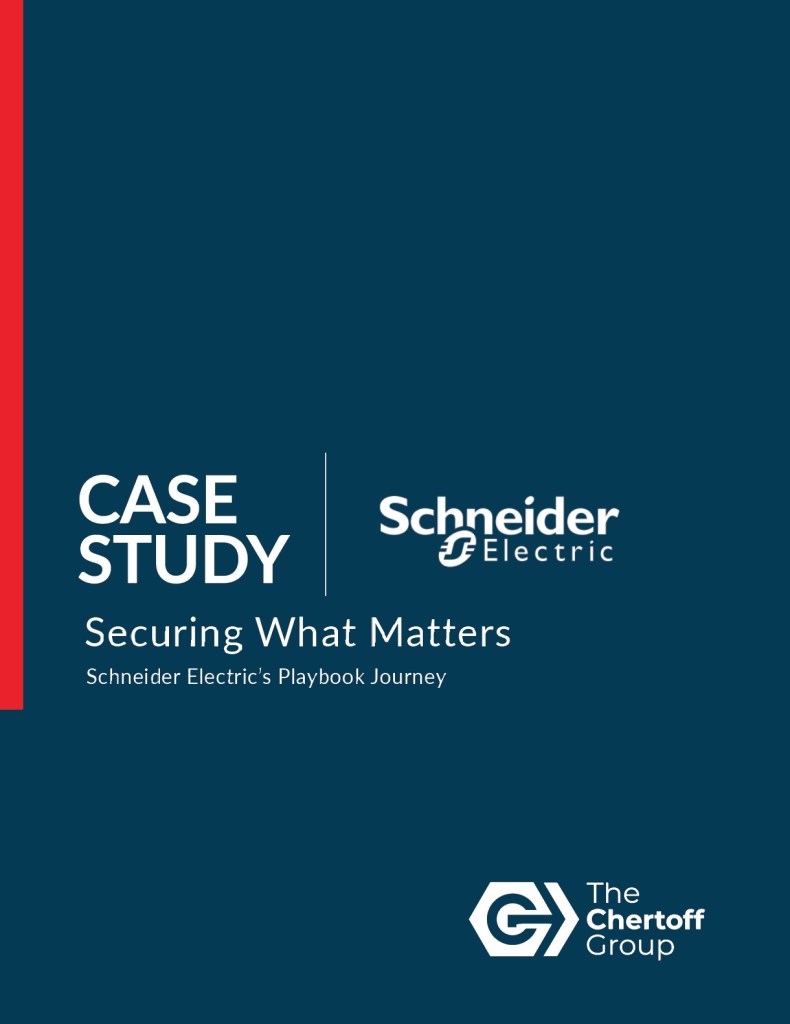NEW VIDEO
Defenders must get it right every time.
How security teams anticipate and track risks effectively.
Trusted Security and Growth Services
Providing risk, resilience, compliance and growth strategies.
Enhance revenue with strategic growth
Gain competitive advantage and accelerate growth.
Mitigate Risk & Strengthen Resilience
Proactive solutions to reduce threats, protect assets and ensure continuity.

Read our updated 2025 Framework for Managing AI Risks.
Consider how to implement guardrails around data, disclosure and decision, what we call the “Three Ds.”
Secure and Grow Your Business
Global Perspective
Experts with public and private sector experience.
Valued Insights
Translate policy, navigate risk, define opportunities
Trusted Advisory
Standing shoulder-to-shoulder, committed to your mission
THE CHERTOFF GROUP
Enabling a More Secure World.
The Chertoff Group is a leader in global security and risk management. Our team of recognized experts helps organizations to manage cyber, physical, regulatory and geopolitical risks. Through our business development practice, we enable our clients to gain competitive advantage and accelerate growth.
Our private equity business focuses on investments in companies in the defense technology, government services and cybersecurity sectors.
Together we enable a more secure world.
CAPABILITIES
Helping Your Business Thrive in an Uncertain World
Minimize vulnerabilities while maximizing positioning for continuity and growth in global security and risk management
Global Risk Advisory
Security risk can only be managed, never fully eliminated. We guide you to prioritize and protect high value assets.
Federal Business Development
We guide growing businesses to better understand and effectively address the federal customer’s unique challenges.
Trust and Safety
Digital platforms face challenges that can erode trust. Our work is tailored to authoritative frameworks and the inherent business risk profile.
Enhance Supply Chain Design
We will work with you to identify, assess, and mitigate tariff-related vulnerabilities and proactively shape supply base for long-term growth.
Building Threat Informed Defense and Resilience
We support organizations to anticipate and address cyber risks with confidence.
Growth Equity
We invest in innovative businesses through a disciplined approach to ensure stability and maximize results.

SOLUTION
A Proven Approach to Supply Chain Assurance
Discover how Schneider Electric strengthened trust, secured federal opportunities, and built a resilient supply chain posture in partnership with The Chertoff Group.
- Developed a DOD-endorsed Playbook to meet rising U.S. Government supply chain expectations.
- Identified key risks across complex supply chains and implemented durable mitigations.
- Strengthened compliance and boosted stakeholder trust.





